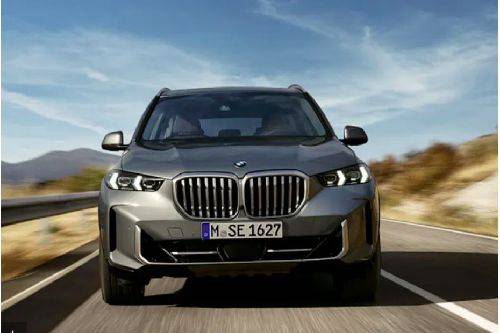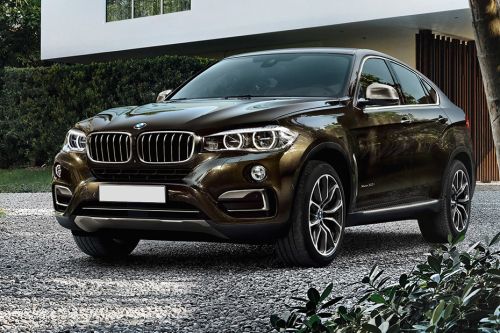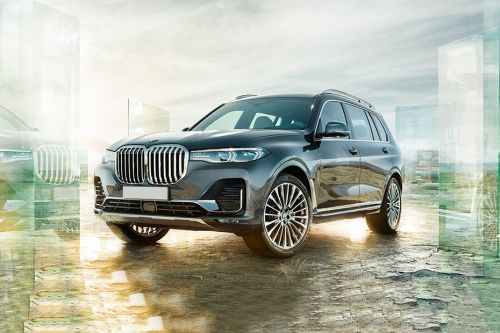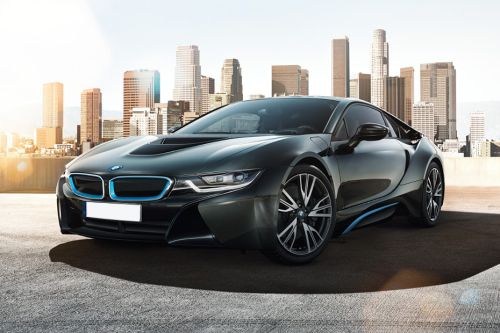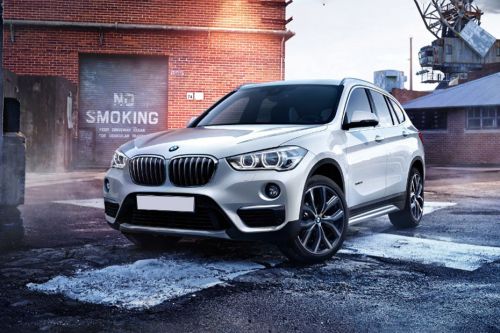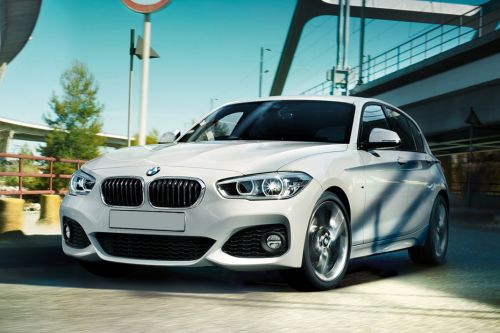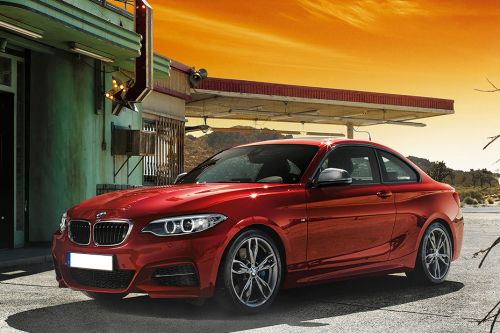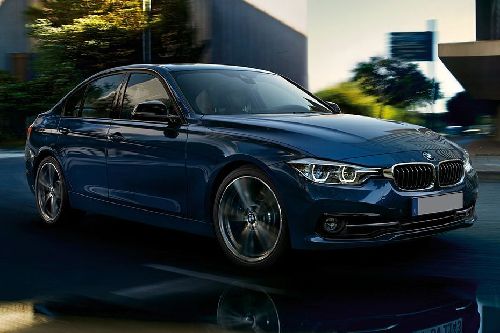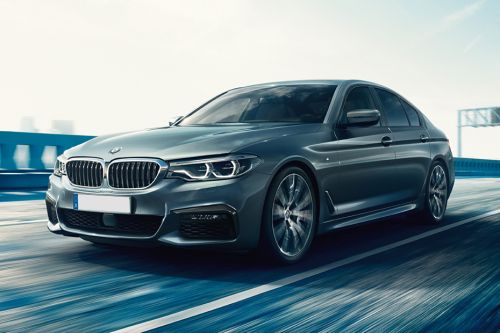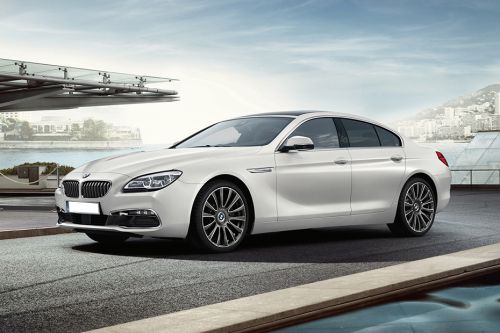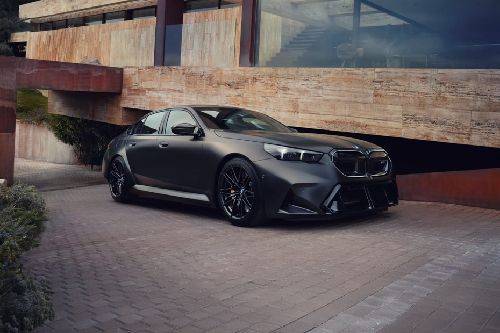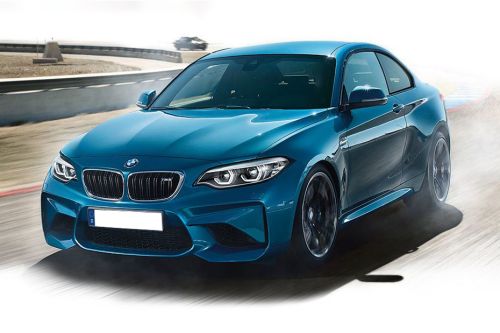BMW plug-in hybrid supercar with 710 PS is in the making

ABU DHABI: It has come directly from one of the board members at BMW that the company is serious about introducing a PHEV supercar that would churn out more than 700 PS of power and challenge the likes of the McLaren 570S.
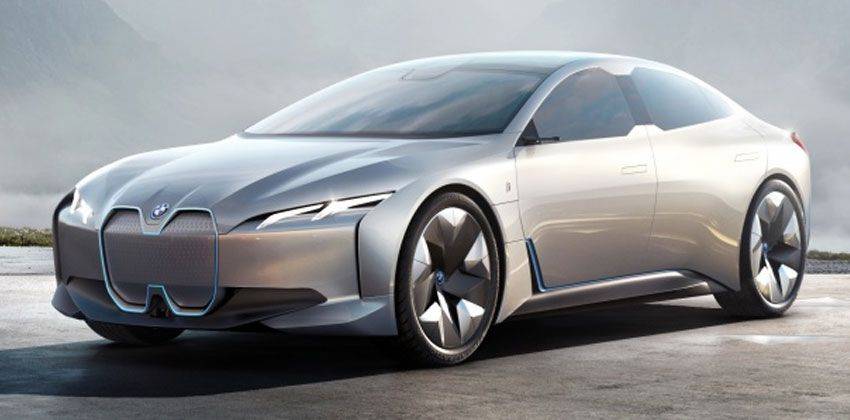
The idea is clear and it seems that the German automaker has already started to work to make the plug-in hybrid supercar, a reality. The new PHEV supercar will take most of its inspiration from the BMW i8 and will sit at the top of the brand’s M range.
The new plug-in hybrid supercar is expected to include a lightweight chassis developed from carbon-fibre and derived from the BMW flagship i8. An advanced version of plug-in hybrid powertrain powered by petrol used on the BMW i8 is also said to be a part of the core equipment.
What’ll make the new PHEV supercar different from the i8 is the number of cylinders, six possibly, which is double the BMW i8 has. What this means is that the new supercar will be capable of producing almost twice the power of what the BMW i8 produces. Expect it to punch out anywhere around 710 PS of power.

Klaus Fröhlich, a board member at BMW and in-charge of product development said, “If you are an engineer, once in your life, you want to make a super-sports car. I think partial electrification will enable that.” Something that makes it evident that the plug-in hybrid supercar is on the cards.
Fröhlich added, “If we have these very compact and very powerful electric driving units if we have a carbon-fibre chassis, and if we still have high-performance engines, then, if you do it cleverly, you can combine them into a real performance package. If you look at the supercars beyond 2020, they will be all partially electric. And if you look at power plug-in hybrids we are planning for today, an electric motor in our PHEVs has a little bit more than 100 hp and 250 Nm of torque.”
He further stated that the future BMW electric motors will be capable of churning out more than 200 hp and thumping torque of over 500 Nm.

“So if you see this e-motor in a car which can give you in milliseconds the push formerly found in a V8 engine, then you can have a very sporty feel from this power PHEV – and it fits perfectly to the M brand,” he further added in his statement to an auto magazine, Autocar.
He concluded by mentioning, “M will also be electric in the future, but we will work very heavily on partial electrification on M cars. This is because they do not only need acceleration on the straight. They have to drive around corners and race tracks, so weight is an issue and electric vehicles still have a weight penalty for range.” What this implies is that the company is planning to make M range electric in the coming years, but only partially.
Utilizing the same platform that fits in plug-in hybrid and electric powertrains and combustion engines, BMW will cater to needs of the customers on the global scale. “The M cars are derived from that architecture, the electric i cars will be derived from that architecture and I think flexibility to react to different demands all over the world is key,” Fröhlich said.
“For example, we can’t afford to have a 7 Series on an electric platform and a conventional platform, so the 7 Series for China will be a lot of EVs and, in America, perhaps we will have power PHEVs or perhaps there will be M Performance derivatives.”
The new plug-in hybrid supercar is expected to arrive by 2023 and would feature a price tag of around £150,000 (AED 6,92,634.34). This makes it £36,000 more expensive than the BMW i8, which retails at £114,000 (AED 5,26,359.24) in the UK. In the UAE, the 2019 BMW i8 can be purchased at AED 855,000.
BMW Car Models
- Latest
- Popular
You might also be interested in
- News
- Featured Stories
- Latest
- Upcoming
- Popular

